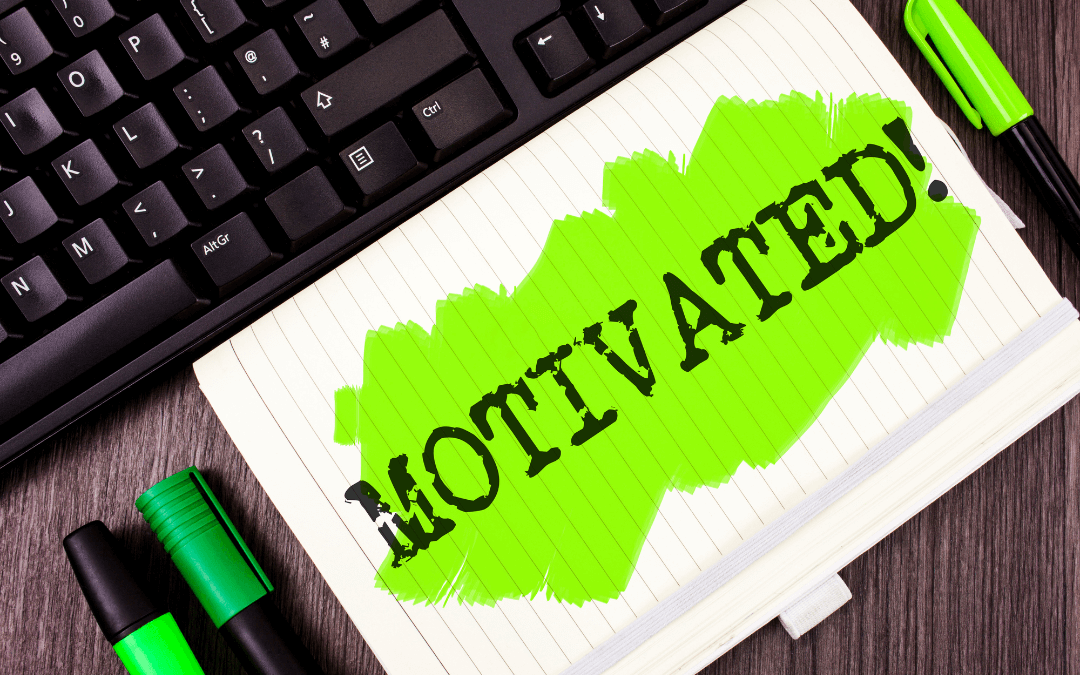Curiosity is the driving force behind our learning. It motivates us to find solutions to problems and invent new creations. To unleash the full potential of our in-built motivation and learning system all we have to do is allow and practice it.
Key to learning and evolving
It is easy to understand why fear is essential for our survival. If we are not afraid of anything we are more likely to take dangerous risks. But positive emotions are just as important. Curiosity is one of the most important emotions for our survival as a species but also as individuals.
Curiosity is the driving force behind learning any new skill which is why we are born with it. A baby will see a new toy on the floor and find some way to move towards it because it’s curious. That’s how we learn to rob, then crawl and eventually walk. Curiosity is why we bother to move in the first place.
As we get older, we encounter “problems.” Blocks lie on the floor. What can we do with them? Let’s see what happens if we stack them. One way works, the other doesn’t. We just solved a problem. How? By being curious what would happen if we took a certain action.

Problem solving and motivating
Emotions trigger actions. Curiosity makes us try stuff. It is the key emotion behind inventions, problem solving and creative endeavours. If we never asked “What if…?” or “Why didn’t that work?” or “Can I do this better?”, we’d always stay on the same level. Not just personally, but as societies too.
It’s also a great motivator. Let’s say you are a writer and have created a character you fell in love with. What do you do? You wonder how they would react if… That’s you being curious and just like that you create your plot.
Whether you realise it or not, every time you come up with a potential solution to a problem and try it, you were motivated by curiosity. You were wondering what would happen if… But we’re not always aware of this starting point.
Some of us actually believe that they are not curious people. How could they forget such an important emotion? They didn’t but from an early age on we are trained to channel our curiosity in acceptable directions.
Appropriate or inappropriate curiosity?
We are often taught to suppress negative emotions, meaning find ways not to show them. For some of us the same happens with positive emotions too. Have you ever seen a child ask “Why?” so many times until the parent got angry and shouted at them? The child learned that curiosity is not always acceptable.
If this message is constantly repeated, not just by parents but also by teachers and other family members and friends, a child will eventually learn to ignore impulses triggered by curiosity. If they are also mocked and ridiculed every time they are curious, or told they can’t do and try new things, they might even be brain-washed out of their growth mindset.
Most of us are luckier than that but we are still strongly encouraged to channel our curiosity into socially acceptable areas. We become nerds who love to learn, pick science subjects in school, and/or become creatives. Which path we choose is often a compromise between personal interests and what people around us consider acceptable.

It’s all about allowing…
We are all born to learn and ask questions about everything. By the time we can freely do so as adults, we have already been trained to focus on a specific area and channel our curosity into a type of creativity, usually problem solving at work.
We are limiting ourselves out of habit. But curiosity is such a strong emotion – it’s our in-built motivator to live and explore life in all its facets – that it’s easy to release old limitations. All you have to do is allow yourself to be curious again.
You learned to ignore the questions in your head but they never went away. I bet you still ask “Why?” at least once a day. Step one towards a more fulfilled and healthier life is to allow yourself to acknowledge and follow that question as often as you can.
This can be something as simple as going over to a shiny object lying on the ground so you can figure out what it is. Or you can allow yourself to go down a rabbit hole on a topic you are interested in. Both options are equally good training. To turn curiosity into a new habit all you have to do is feel it and act on it as often as you can, no matter what you are curious about.
… and expansion
When you are ready to take it up a notch, allow your curiosity to expand to new areas in your life. Are you comfortable asking questions and trying new things at work but not at home? Deliberately decide to expand. The questions come home with you. Now all you have to do is pay a little bit of attention again.
For example, a chemist acts on the question “I wonder what happens if I add this” at work. But at home they always stick to the recipe. “It might taste terrible.” “That’s a weird combination.” “I’m hungry so I should not risk ruining the meal.” They protest.
If you want to expand as a person, stop yourself from reacting to curiosity like this. Allow the questions in any circumstances. You don’t have to follow your curiosity every single time. Just notice the questions when they come to mind. This will already boost your creativity.

Self-motivation
After a while, you come up with more solutions whenever and wherever you face a problem. If you are a creative person your skills will improve faster. Even better, once you are comfortable with your curiosity, you can activate it any time to make a task or topic interesting.
All you have to do is shift your focus by asking: “I wonder how I can make this fun?” or “I wonder how I can accomplish this task in the easiest and fastest way possible?” Once the question appears, the answer will come too.
Curiosity, like all positive emotions, is really a superpower that can take you to whole new levels of success. Most importantly, though, we are born to be curious so it feels fantastic. All we have to do is allow it.
